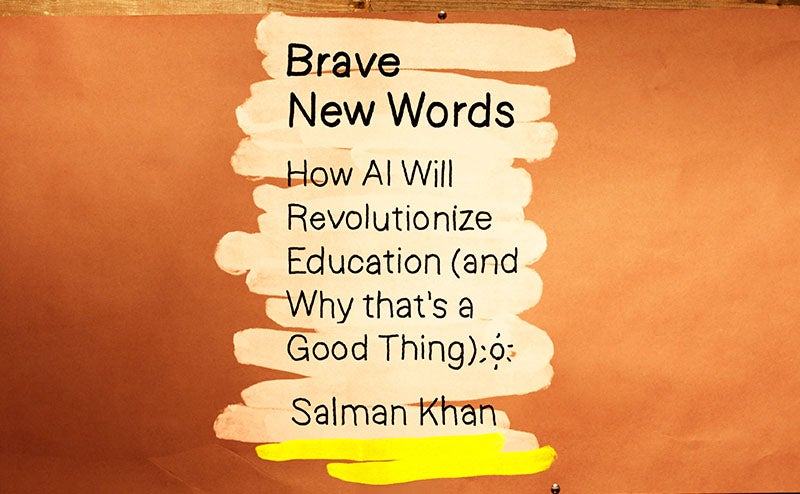Why have some countries prospered and created great living conditions for their citizens, while others have not? This is a topic I care a lot about, so I was eager to pick up a book recently on exactly this topic.
Why Nations Fail is easy to read, with lots of interesting historical stories about different countries. It makes an argument that is appealingly simple: countries with “inclusive” (rather than “extractive”) political and economic institutions are the ones that succeed and survive over the long term.
Ultimately, though, the book is a major disappointment. I found the authors’ analysis vague and simplistic. Beyond their “inclusive vs. extractive” view of political and economic institutions, they largely dismiss all other factors—history and logic notwithstanding. Important terms aren’t really defined, and they never explain how a country can move to have more “inclusive” institutions.
For example, the book goes back in history to talk about economic growth during Roman times. The problem with this is that before 800AD, the economy everywhere was based on sustenance farming. So the fact that various Roman government structures were more or less inclusive did not affect growth.
The authors demonstrate an oddly simplistic world view when they attribute the decline of Venice to a reduction in the inclusiveness of its institutions. The fact is, Venice declined because competition came along. The change in the inclusiveness of its institutions was more a response to that than the source of the problem. Even if Venice had managed to preserve the inclusiveness of their institutions, it would not have made up for their loss of the spice trade. When a book tries to use one theory to explain everything, you get illogical examples like this.
Another surprise was the authors’ view of the decline of the Mayan civilization. They suggest that infighting—which showed a lack of inclusiveness—explains the decline. But that overlooks the primary reason: the weather and water availability reduced the productivity of their agricultural system, which undermined Mayan leaders’ claims to be able to bring good weather.
The authors believe that political “inclusiveness” must come first, before growth is achievable. Yet, most examples of economic growth in the last 50 years—the Asian miracles of Hong Kong, Korea, Taiwan, and Singapore—took place when their political tended more toward exclusiveness.
When faced with so many examples where this is not the case, they suggest that growth is not sustainable where “inclusiveness” does not exist. However, even under the best conditions, growth doesn’t sustain itself. I don’t think even these authors would suggest that the Great Depression, Japan’s current malaise, or the global financial crisis of the last few years came about because of a decline in inclusiveness.
The authors ridicule “modernization theory,” which observes that sometimes a strong leader can make the right choices to help a country grow, and then there is a good chance the country will evolve to have more “inclusive” politics. Korea and Taiwan are examples of where this has occurred.
The book also overlooks the incredible period of growth and innovation in China between 800 and 1400. During this 600-year period, China had the most dynamic economy in the world and drove a huge amount of innovation, such as advanced iron smelting and ship building. As several well-regarded authors have pointed out, this had nothing to do with how “inclusive” China was, and everything to do with geography, timing, and competition among empires.
The authors have a problem with Modern China because the transition from Mao Zedong to Deng Xiaoping didn’t involve a change to make political institutions more inclusive. Yet, China, by most measures, has been a miracle of sustained economic growth. I think almost everyone agrees that China needs to change its politics to be more inclusive. But there are hundreds of millions of Chinese whose lifestyle has been radically improved in recent years, who would probably disagree that their growth was “extractive.” I am far more optimistic than the authors that continued gradual change, without instability, will continue to move China in the right direction.
The incredible economic transition in China over the last three-plus decades occurred because the leadership embraced capitalistic economics, including private property, markets, and investing in infrastructure and education.
This points to the most obvious theory about growth, which is that it is strongly correlated with embracing capitalistic economics—independent of the political system. When a country focuses on getting infrastructure built and education improved, and it uses market pricing to determine how resources should be allocated, then it moves towards growth. This test has a lot more clarity than the one proposed by the authors, and seems to me fits the facts of what has happened over time far better.
The authors end with a huge attack on foreign aid, saying that most of the time, less than 10% gets to the intended recipients. They cite Afghanistan as an example, which is misleading since Afghanistan is a war zone and aid was ramped up very quickly with war-related goals. There is little doubt this is the least effective foreign aid, but it is hardly a fair example.
As an endnote, I should mention that the book refers to me in a positive light, comparing how I made money to how Carlos Slim made his fortune in Mexico. Although I appreciate the nice thoughts, I think the book is quite unfair to Slim. Almost certainly, the competition laws in Mexico need strengthening, but I am sure that Mexico is much better off with Slim’s contribution in running businesses well than it would be without him.
I am fairly new to the world of geopolitics, how nations work and thrive, or fail to do so. Diamond's approach to why the world developed they way it did, in the order that it did, does hold substance for me. The approach of Why Nations Fail can be considered along with Guns, Germs & Steel - but certainly cannot replace the theories presented there.
I liked the take down of Diamond's Guns, Germs and Steel; not because I didn't like the book (I loved it) but because Diamond is static while Acemoglu's framework is dynamic.
In other words, I can use Acemoglu's framework of Inclusion/Exclusion economies and Extractive (a term typically used for mining, forestry and fishing) political systems to better understand the USA and where we go in the future. This is how a good theory works. It is predictive.
Diamond helped me understand how we got from history to the present; Acemoglu is helping me understand how to evaluate the politics and the economy of my country today.
I do think Acemoglu is wrong about China; Gates is right. China will figure out capitalism.
Did Rome fail? They lasted 1000+ years.
In the end they were overrun by invaders and conquerers.




